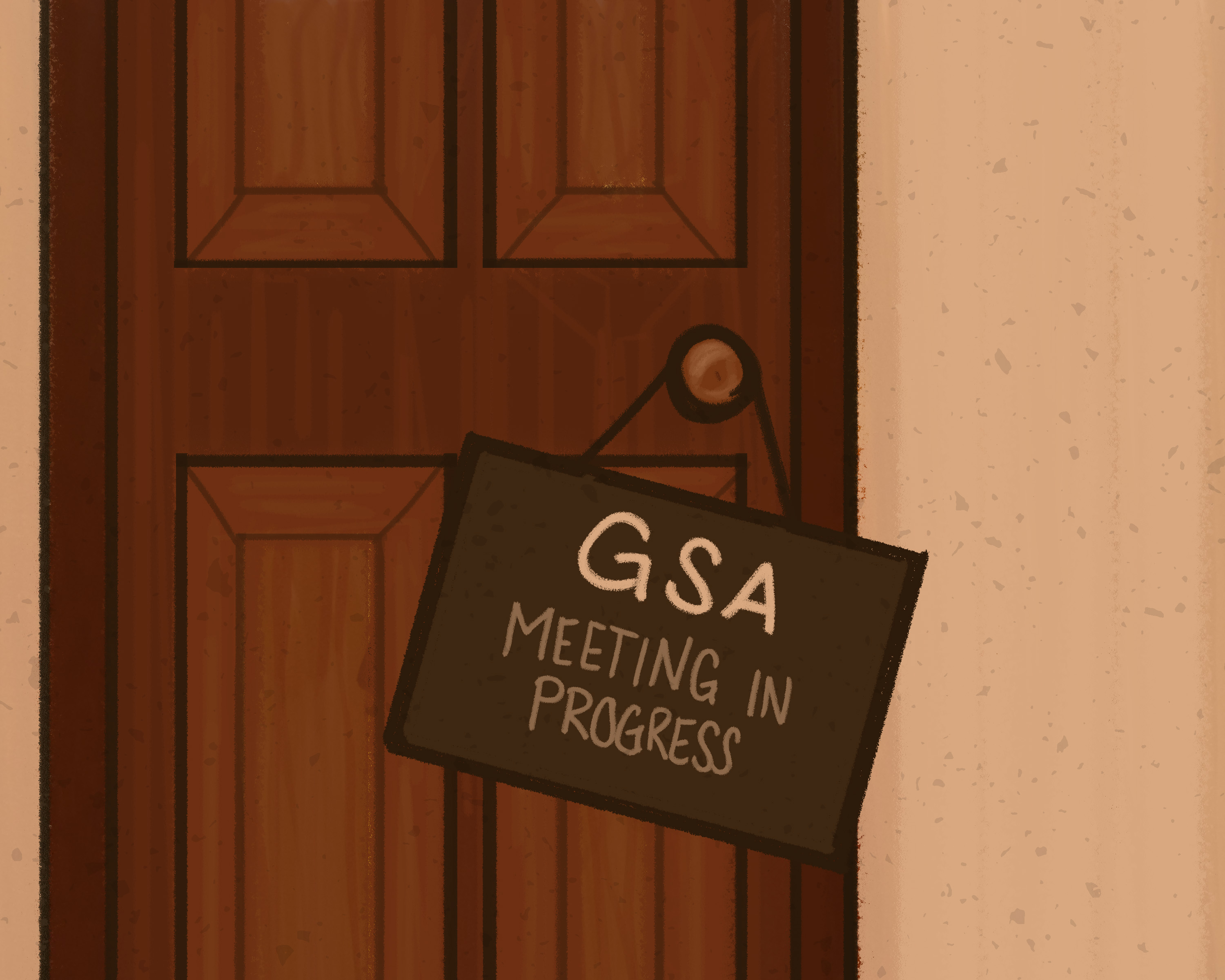At its last meeting, the U of M Graduate Students’ Association (UMGSA) passed a motion that will subsidize bus passes for up to 500 graduate students for the fall semester.
Since the pandemic, the fall U-Pass has been cancelled and students have had the option to instead buy a post-secondary pass from Winnipeg Transit.
The association plans to use up to $39,000 from the conference grant budget line to provide subsidies for students who have bought or plan to buy the transit pass in order to bridge the gap between $200, the price of what the negotiated rate of the U-Pass was, and the $278 cost of the city’s post-secondary pass.
“The U-Pass is a very basic thing that the students need for their day-to-day transportation,” said UMGSA president Silvia Sekander.
When looking at what could be the cheapest possible option for students this year, Sekander said giving students the $78 subsidy would relieve some of the burdens that graduate students are already facing with the pandemic.
Combined with the collaboration with the faculty of graduate studies, who plans to match the monetary amount that the UMGSA is giving, Sekander said the subsidy could help up to 1,000 graduate students, about one-third of the grad student population at U of M.
Sekander believes there will be a lower number of applicants than there would have been in a typical year because many graduate students, both domestic and international, are doing their research remotely.
The association is still in the process of drafting the forms, but the plan is to provide, over an application period, a form that students can complete. Priority will be given to students facing financial hardships and who use public transportation for in-person academic purposes like lab work.
In order to receive the subsidy, applicants must be able to prove they have purchased or are planning to purchase the Winnipeg Transit post-secondary pass, because the purpose is to bring the costs back down to what a student would have paid had the U-Pass been available.
This subsidy only applies to the fall semester.
Sekander said the association is unsure of what the solution could be in the winter term, but “definitely, we will try to help our students as [much] as we can.”



